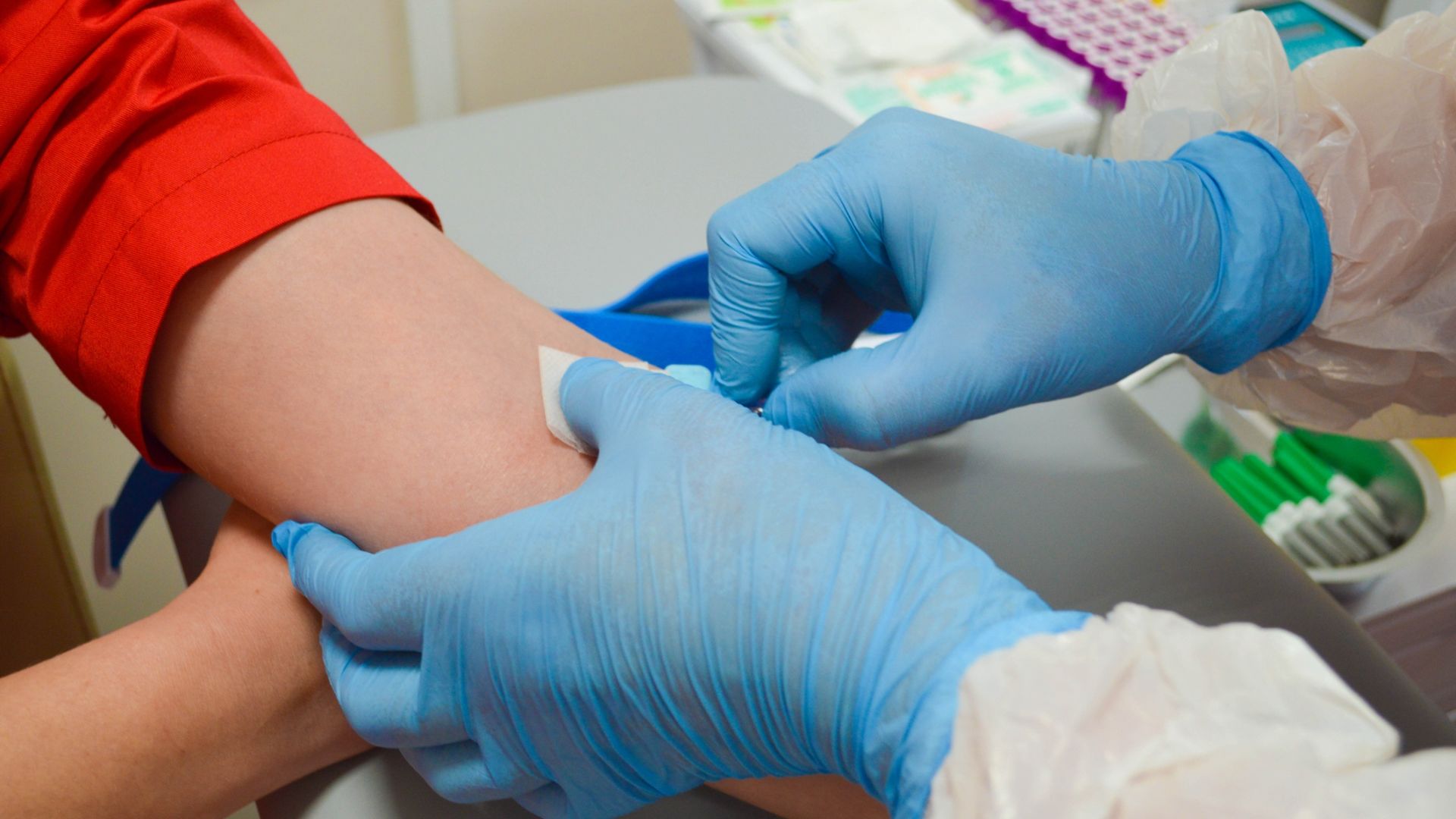Updated on September 26, 2024
While there is no cure for hereditary angioedema (HAE), the condition can be managed with medications and other measures to treat and prevent attacks. Medications are an important part of treatment, and the medications and other therapies a person uses to treat HAE can change over time.
HAE causes, symptoms, and treatment
HAE is caused by genetic mutations that can be inherited from a person’s biological parents or occur spontaneously. These mutations disrupt the body’s ability to produce a protein called C1 inhibitor. This protein is essential to the normal functioning of the immune system—if there are low levels of this protein or it does not function normally, problems occur.
HAE causes recurring episodes or attacks of edema (swelling) that can affect many different parts of the body. Symptoms can include:
- Edema of the hands, arms, legs, face, tongue, buttocks, and/or genitals.
- Abdominal pain, cramping, vomiting, and diarrhea, caused by edema in the intestines. This can cause dehydration. In some cases, this can lead to shock.
- Edema in the throat, which can block the airways and make breathing difficult. While this is not common, it does occur, and it is a medical emergency.
- Skin symptoms can also occur. Reddening of the skin can precede a HAE attack. Severe edema can result in rash and/or blisters. Itching is not a common symptom.
Episodes typically last between 2 and 5 days. In many cases (but not all) HAE attacks can be associated with a specific trigger—infections, trauma, stress, medical procedures, increases in estrogen levels, and medications called ACE inhibitors (used to treat high blood pressure) are all known triggers.
Treatment for HAE typically includes acute therapies and prophylactic therapies. Acute therapies are taken when an attack occurs. These are also called “on-demand” therapies.
Prophylactic therapies are medications that are taken to prevent attacks from occurring. Prophylactic therapies should be used before any upcoming event that has a risk of triggering a HAE episode, such as medical procedures, dental procedures, or stressful life events. Some prophylactic therapies are also taken continuously, if there is a high risk of frequent or severe episodes
Switching therapies for HAE
As mentioned above, the medications and therapies a person uses to manage HAE can change over time. There are a variety of reasons a change may be recommended or needed. Examples include:
- For many people, HAE begins in childhood or adolescence. Different therapies are approved for different age groups. A person may change therapies as they grow from adolescence into adulthood.
- Mentioned above, adding or increasing prophylactic therapy is standard practice before medical procedures and other situations that can trigger an attack. This means a new medication will be prescribed in these circumstances.
- You may switch to a newer therapy that has become available. The past decade has seen several new treatments approved. More are under development, and treatment options are expected to continue to expand.
- Certain medications work better for certain people due to many different factors—convenience, response to treatment, side effects, insurance coverage, cost. If a treatment isn’t working for any reason, tell your healthcare provider.
Any change in treatment should be done under the guidance of your healthcare providers.
Questions when starting or switching medications
You can use this list of questions when talking to a healthcare provider about starting a new medication or switching medications for HAE:
- What is the name and dosage of the medication?
- When, how, and how often do I need to take this medication?
- How does this medication treat HAE?
- How long will I need to take this medication?
- Is there anything I need to avoid while taking this medication?
- Is there a risk of side effects? What do I do if I experience a side effect?
- What does this medication cost? Who can I talk to if I have concerns about the cost of this medication?
- Can this medication interact with other therapies? Always tell your healthcare provider about all medications you are taking, including medications for other conditions, over-the-counter medications, and supplements.






